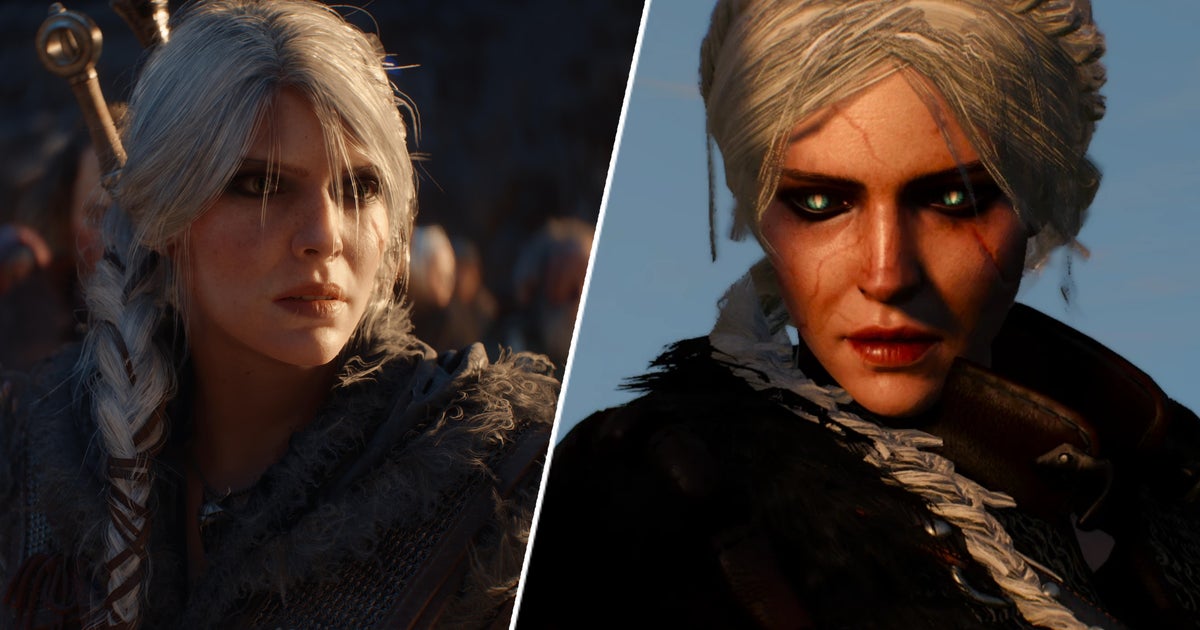Asked about whether the surge in micotransactions and the like was a direct result of Activision’s influence, Schreier says no, some of the earlier examples of microtransactions, such as the 2010 Celestial Steed mount in World of Warcraft, were introduced as ways for Blizzard to attempt to offset the cost of running servers and expanding the company, rather than any new push from Activision. It wasn’t until the 2013 cancellation of Titan, the game that would eventually lead to Overwatch, that pressures from Activision to introduce more microtransactions became more prevalent. The sad side note of Schreier’s answer here is that Diablo III only got one expansion because it no longer had any form of in-game revenue after the Auction House was removed, which led the team to devote resources to Diablo IV instead.
“This is a great question. And, as far as I know, the answer is no: it was Blizzard, not Activision.
To put things in context a little bit: 2009-2010 was an interesting time for Blizzard. World of Warcraft was firing on all cylinders and growing every year, but their other projects weren’t quite as successful. StarCraft II had to slip a year because the new Battle.net wasn’t ready, while Diablo III had gone through multiple reboots (and Blizzard North’s collapse) and was still years away. People were still jazzed about Titan, but… we all know how that one went.
But server costs were high, and the company was growing more and more every year. So Mike Morhaime started pushing all of the teams to include some sort of in-game monetization. WoW had cosmetics, SC2 would have a custom map marketplace, and Diablo III would have the auction house. (Fun fact: one of the reasons Diablo III never got a second expansion was because after removing the auction house, it no longer had a source of recurring revenue, and so Bliz decided to move straight to D4 rather than trying to make new content for it.)
The merger undoubtedly came with new pressures, because now rather than just being a small part of Vivendi, Blizzard was one of the two names in the title of a publicly traded company, and I’m sure that had an impact on Morhaime’s decision-making. But this push for in-game revenue did not, as far as I know, come from Activision or Kotick.
The pressures from Activision really started in 2013, after Titan was canceled, and trickled all the way down to the entirety of the company around 2017-2018.”




